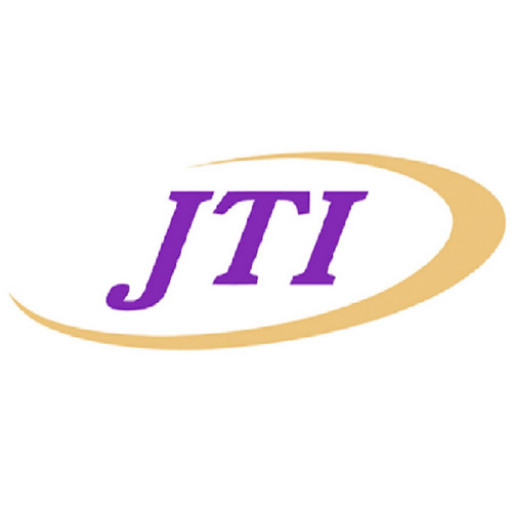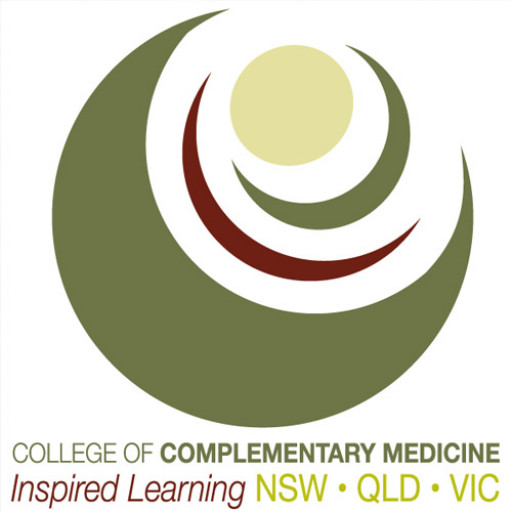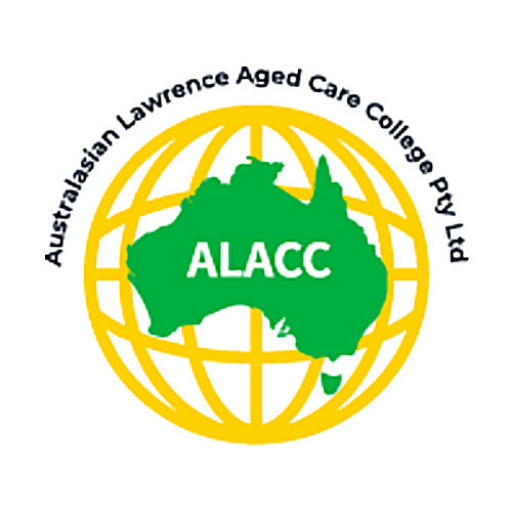The Mental Health program at Diversitat offers comprehensive education and training designed to equip students with the essential skills and knowledge necessary to support individuals experiencing mental health issues. This dynamic program focuses on understanding mental health conditions, promoting well-being, and implementing evidence-based strategies to assist those in need. Participants will explore various topics ranging from mental health foundations and disorder identification to intervention techniques and community support mechanisms. The curriculum emphasizes the importance of cultural competence, empathy, and ethical practice in mental health care. Through a combination of theoretical coursework, practical training, and real-world applications, students will develop critical thinking and communication skills vital for effective engagement with diverse populations. The program aims to prepare graduates for roles in community mental health services, support organizations, and related fields, fostering a holistic approach to mental health promotion. Graduates will be equipped to work alongside healthcare professionals, provide peer support, and advocate for mental health awareness. Throughout the course, students will benefit from experienced faculty members, industry-leading resources, and opportunities for hands-on experience in local community settings. By the end of the program, participants will have gained a solid foundation in mental health principles, learned how to implement appropriate interventions, and understood the importance of ongoing professional development in a rapidly evolving field. This program is ideal for individuals passionate about making a positive impact on mental health and those seeking to advance their careers in the community support sector. Join us at Diversitat to become a compassionate, knowledgeable, and effective mental health supporter and contribute to creating healthier, more resilient communities.
The Bachelor of Mental Health program offered by Diversitat is designed to equip students with comprehensive knowledge and practical skills essential for supporting individuals experiencing mental health challenges. This undergraduate course covers a wide range of topics, including the fundamentals of mental health and mental illness, theories of psychological wellbeing, and the social and biological factors influencing mental health conditions. Throughout the program, students will explore various mental health disorders such as anxiety, depression, schizophrenia, and trauma-related conditions, gaining insight into their symptoms, causes, and treatment approaches.
The curriculum emphasizes a person-centered approach, encouraging students to develop strong communication and counselling skills to effectively support clients in diverse settings. Students will learn about the importance of cultural competence and ethical practice in mental health care, preparing them to work respectfully and responsibly with individuals from different backgrounds. Practical training components include placements in community mental health organizations, hospitals, or support services, providing students with real-world experience under supervision. These internships enable learners to apply theoretical knowledge, develop empathy, and enhance their problem-solving capabilities.
Additionally, the program emphasizes interprofessional collaboration, teaching students how to work effectively with psychologists, social workers, medical professionals, and community organizations. A focus on contemporary issues such as crisis intervention, addiction, and contemporary mental health policies ensures graduates are well-prepared to meet the evolving needs of their clients and communities. The program also includes modules on self-care and resilience, recognizing the importance of maintaining mental wellness for practitioners as well as clients.
Graduates of this program are equipped to pursue careers in mental health support roles, community outreach, advocacy, and further postgraduate study. The program's multidisciplinary approach aims to foster compassionate, knowledgeable, and skilled mental health professionals committed to improving the wellbeing of individuals and communities. By completing this course, students will have the foundational expertise and practical experience necessary to make a meaningful difference in the field of mental health.
The Diversitat institution offers a specialized program in Mental Health designed to equip students with comprehensive knowledge and practical skills necessary for effective intervention and support within mental health frameworks. The program curriculum encompasses core subjects such as Introduction to Mental Health, Psychological Theories and Practices, Mental Health Assessment and Diagnostics, Counseling Techniques, Crisis Intervention, and Community Mental Health. Students are also trained in ethical considerations, legal frameworks, and culturally sensitive approaches to mental health care. The program involves a combination of theoretical coursework, practical placements, and research projects to ensure a well-rounded educational experience. Admission requirements typically include a high school diploma or equivalent, relevant personal qualities such as empathy and communication skills, and a keen interest in mental health. Some programs may also require prior experience or coursework in related fields, along with interviews or assessments to evaluate applicant suitability. To graduate, students must complete a prescribed number of credit hours, pass all assessments, and demonstrate competence through practical evaluations. The program aims to prepare graduates for roles such as mental health support worker, counselor, community outreach worker, or case manager. Continuous professional development and adherence to industry standards are emphasized throughout the course. The program's structure ensures alignment with national mental health policies and standards, fostering graduates' readiness to contribute effectively to the mental health sector in diverse community settings.
The Diversitat institution offers various funding options for students enrolled in their Mental Health degree programmes. Students can access government loans and grants, including the Federal Student Aid program, which provides financial support based on eligibility criteria such as income level and academic status. Additionally, Diversitat often partners with local and national organizations to offer scholarships specifically aimed at students pursuing mental health careers, recognizing the importance of supporting mental health professionals in underserved communities.
For domestic students, there are often state-funded bursaries and awards that can significantly offset tuition costs, as well as work-study opportunities that allow students to gain practical experience while earning income. International students, while usually limited in financial aid options, may have access to certain scholarships designated for international students or specific funding programs from their home countries.
Diversitat encourages prospective students to explore eligibility for private loans and external scholarships from third-party organizations dedicated to mental health advocacy and education. The university's financial aid office provides comprehensive guidance to help students navigate the application process for various funding sources, ensuring that financial barriers do not prevent access to quality education.
It is recommended that students apply early for all available funding options, as competition can be high, and some grants have limited availability. Furthermore, Diversitat offers advice on budgeting and managing educational expenses throughout the duration of the programme to support students in maintaining financial stability. Overall, students enrolled in the Mental Health programme at Diversitat have multiple pathways to secure financial support, facilitating their pursuit of higher education in this vital and growing field.
The Diversitat institution offers a comprehensive program focused on Mental Health, designed to equip students with the essential knowledge and practical skills needed to support individuals experiencing mental health challenges. The curriculum encompasses a wide range of topics, including an introduction to mental health issues, understanding psychological disorders, and the impact of mental health on overall well-being. Students will explore various therapeutic approaches, intervention strategies, and the importance of providing empathetic and non-judgmental support to clients. The program emphasizes the development of communication skills, cultural competence, and ethical practice, which are crucial for working effectively within diverse communities and healthcare settings.
Throughout the course, students engage in both theoretical learning and practical applications, including clinical placements, workshops, and case studies. This experiential learning enables students to gain firsthand experience in assessing mental health needs, developing tailored support plans, and collaborating with multidisciplinary teams. The program also addresses contemporary issues such as stigma reduction, crisis intervention, and recovery-oriented care, preparing graduates to contribute positively to mental health promotion and prevention initiatives.
The program aims to prepare graduates for various roles within the mental health sector, including support worker, mental health assistant, community facilitator, or case manager. It aligns with national standards and guidelines, ensuring students graduate with skills that meet industry requirements. The educational approach combines instructor-led lectures, interactive seminars, and independent research, fostering critical thinking and lifelong learning.
Students enrolled in the program benefit from Diversitat’s strong connections with local health services, community organizations, and government agencies. These partnerships facilitate student placements and employment opportunities upon graduation. The faculty comprises experienced mental health practitioners, psychologists, and social workers dedicated to mentorship and skill development. Upon completion, students receive a recognized qualification that enhances their employment prospects and prepares them for further studies in mental health or related fields.
In addition to academic coursework, the program emphasizes the importance of self-care and professional resilience, recognizing the emotional demands faced by mental health workers. Graduates are equipped to work ethically and effectively, supporting mental health recovery and well-being across a variety of settings, including hospitals, community centers, schools, and private practices. Overall, the Diversitat Mental Health program is committed to fostering a knowledgeable, compassionate, and skilled workforce capable of making a meaningful difference in the lives of individuals experiencing mental health issues.








